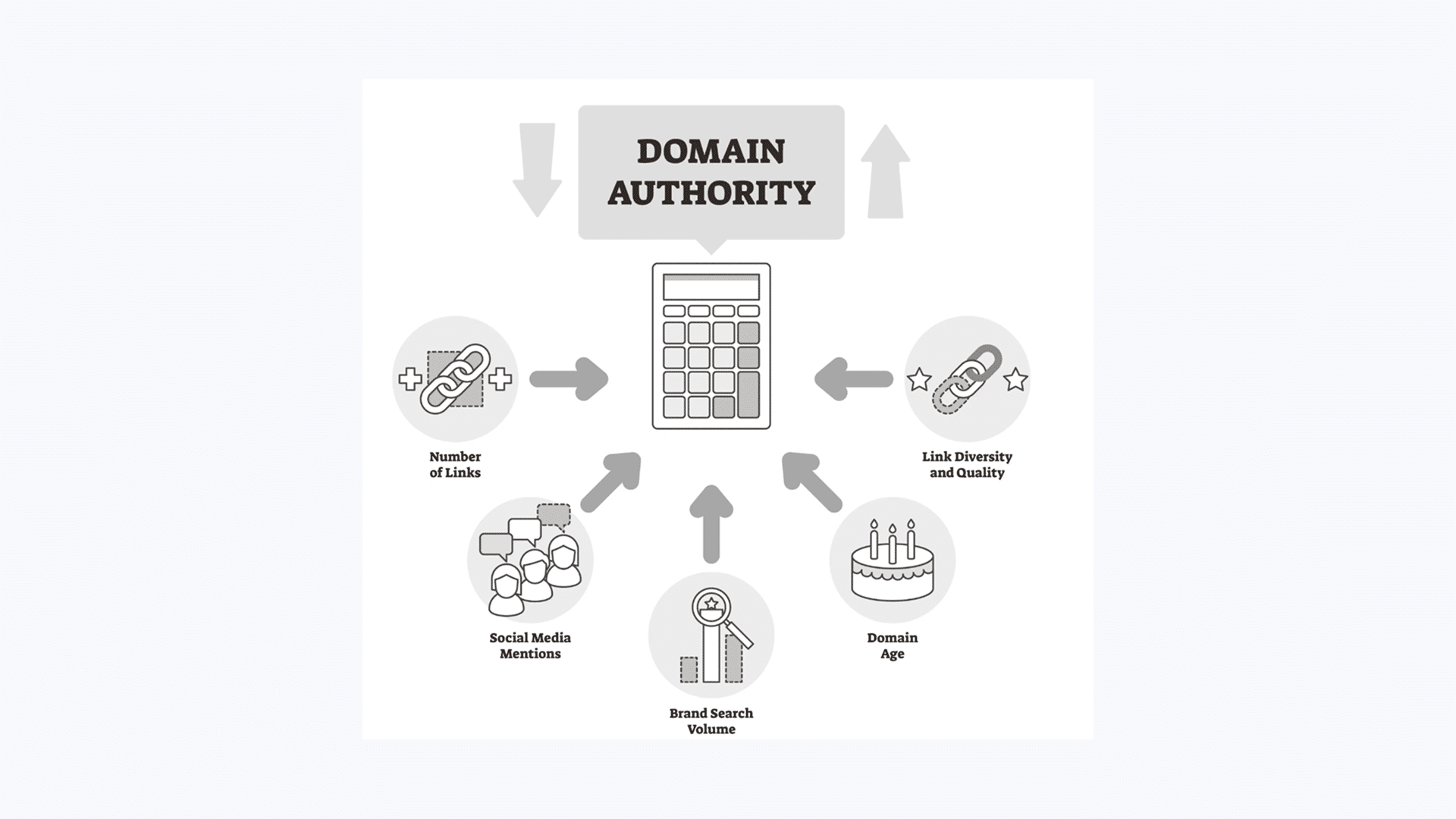The way we search for information is changing, and it’s fast. Every day, over 100 million people are turning to ChatGPT instead of traditional search engines. This isn’t just a trend; it signals a deeper shift in how we discover, understand, and act on information in real time. Unlike the traditional search engine model that displays ranked links, ChatGPT offers direct responses in natural, conversational language. It’s more like consulting a knowledgeable friend than scrolling through endless lists of links.
ChatGPT doesn’t follow a fixed set of rules or a strict ranking system to determine which answers appear. While ChatGPT itself doesn’t crawl websites, it often pulls information from search engine-indexed content when using tools like Bing or integrated browsing. Instead, it generates responses by analyzing the context of the user’s query and drawing on patterns from the vast dataset it was trained on. This means it doesn’t pull information from live web searches but predicts the most relevant and coherent reply based on its training. While this flexibility may feel uncertain, it also creates space for businesses to explore new ways of connecting with users through AI-driven conversations. Being included in ChatGPT’s responses can help you reach a larger audience.
How to Improve Your Visibility in ChatGPT
Enhancing content visibility in AI systems demands ongoing effort and a strategic approach. This guide outlines effective methods to keep your content relevant and increase the likelihood of it being recognized when AI tools present information. Although there is no official ranking formula, these tested strategies can boost your chances of appearing and gaining exposure.
1. Publish In-Depth, Useful Content
Content that is easy to understand, fact-based, and directly addresses common queries tends to gain better visibility. To improve your reach, focus on crafting blog posts and landing pages that explain topics your audience frequently looks for, using a clear and logical structure. Additionally, use clear headings to structure your content, explain important terms in simple language, and include up-to-date data or research to back up your information. Tools such as Semrush, Ahrefs, Answer the Public, and Google’s “People also ask” section can help identify the specific questions people are asking, enabling you to produce content that directly responds to those needs.
2. Build Expertise and Credibility to Earn Trust and Authority
The internet is saturated with AI-generated generic content that often lacks depth and originality. In such an environment, fresh and authentic insights from subject-matter experts stand out and carry far greater weight. AI systems prioritize content that is precise, well-focused, and supported by concrete data rather than vague or general opinions. Instead of producing broad, generic articles, focus on publishing expert analyses of market trends, detailed reports, or research backed by reliable statistics.
Adding insights on regulatory developments or sharing real-world case studies from your clients increases the value of your content. Offering this level of expertise on respected platforms such as leading industry blogs, professional networks like LinkedIn, or established business publications helps build your authority and improves the chances that your work will be referenced and cited by content curators. This approach moves beyond surface-level content and establishes a consistent digital identity that AI systems and indexing engines recognize as credible and authoritative.
3. Earn Brand Mentions Across Authoritative Sites and Multiple Channels
Brands that consistently appear on trusted, reputable websites are more likely to gain strong recognition in AI-generated responses. Enhancing your visibility involves securing mentions across authoritative platforms such as news outlets, industry-specific publications, reputable directories, and active online communities. This can be achieved through guest articles, press releases, or inclusion on credible review and comparison sites. Also, establish a steady presence on platforms like LinkedIn, Reddit and Google Business, by participating in discussions and posting useful insights that organically attract attention to your site.
4. Strengthen Your Domain Authority
Strengthening domain authority is essential for improving your digital recognition. Maintain a technically sound site with fast load times, secure HTTPS, and no crawl errors. Citations in trusted directories and professional databases, even without direct links, further reinforce your brand’s credibility. To achieve this, contribute guest posts to high-authority industry sites, list your business on respected directories such as Crunchbase or government registries, and regularly monitor your backlink profile using tools like Ahrefs or Moz. Conduct technical audits with Google Search Console or Screaming Frog to ensure your site is crawlable and performs efficiently. Together, these actions build trust signals that position your domain as a reliable source across digital platforms.

5. Establish Consistent Entity Recognition Across Platforms
Another key factor in gaining widespread online recognition is maintaining a consistent and reliable digital identity across platforms. AI systems and indexing engines rely heavily on entity recognition, the ability to accurately link names, organizations, and services to a single verified source. When a business uses different names, descriptions, or categories across platforms, it causes confusion and weakens its digital presence. To avoid this, ensure your business information is consistent and accurate across major directories such as Google Business, Crunchbase, Google Maps and relevant government databases. Inconsistencies in spelling, formatting, or metadata can fragment your entity profile and reduce the chances of being correctly identified.
6. Optimize with Schema Markup and Clean Site Structure
While ChatGPT does not crawl websites directly, it can surface content that has been indexed by search engines, especially when integrated with tools like Bing or web browsing. This makes it essential to have a well-structured website. Implementing schema markup for elements like FAQs, reviews, events, and products helps search engines better interpret and present your content, increasing the chances of it appearing in AI-generated answers. Tools such as Google’s Structured Data Markup Helper can streamline the process. Additionally, maintaining a clean site structure with fast-loading pages, intuitive navigation, and clear accessible URLs enhances both indexing and overall site performance.
7. Select Keywords That Mirror User Search Behaviour
Use conversational, long-tail keyword phrases that reflect the natural way people ask questions. These specific and detailed queries capture user intent more accurately than broad, highly competitive keywords. Use platforms like SEMrush or Ahrefs to discover question-based keyword clusters that align closely with user queries. This increases the likelihood that your content will appear in AI-generated answers and search engine results.
8. Update Content Regularly for Freshness Signals
Regularly review your website to identify older articles that need refreshing. However, updates should be substantive and purposeful rather than cosmetic. Avoid making changes just to alter wording or phrasing without improving the content’s value. Effective updates involve replacing outdated statistics with current data, adding fresh examples that reflect recent developments, aligning the information with the latest regulations or industry trends, and removing sections that are no longer accurate or relevant. Republishing updated articles using the original URL helps maintain search engine rankings and preserves existing traffic. Moreover, maintaining a consistent publishing schedule, even if it is just once a month, demonstrates ongoing activity and reliability to platforms that source content for recommendations.

Final Thoughts
To remain visible and relevant in AI-driven platforms like ChatGPT, businesses must adopt a strategic and data-driven approach to content and digital presence. While there is no guaranteed formula for ranking within ChatGPT, following best practices such as publishing useful content, building strong online recognition, and maintaining a consistent digital identity provides a solid foundation for connecting with an expanding audience that increasingly relies on AI assistants for accurate and reliable information.
At Sandstorm Studios, we offer guidance and deep industry knowledge to help your business stand out in AI-driven search results like ChatGPT. Connect with us online to learn how our specialized SEO strategies can elevate your digital presence and reach the right audience effectively.

